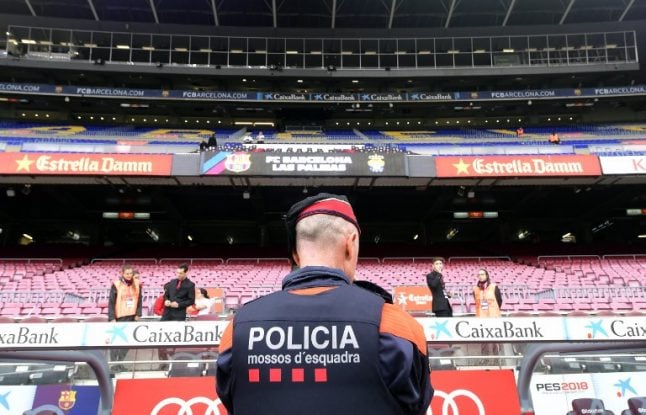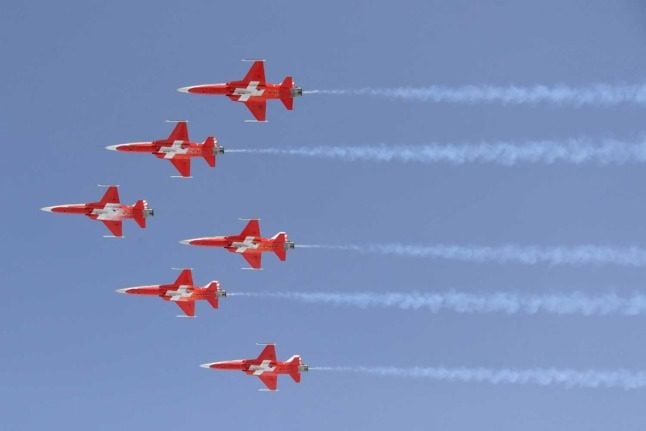At least 91 people have been injured in clashes between police and activists in Catalonia on Sunday over an independence referendum for the region deemed illegal by the Spanish government.
“FC Barcelona condemns the events which have taken place in many parts of Catalonia today in order to prevent its citizens exercising their democratic right to free expression,” Barcelona said in a statement.
“Given the exceptional nature of these events, the board of directors has decided that the first-team game against Las Palmas will be played behind closed doors, following the Professional Football League's refusal to postpone the game.”
Had Barça unilaterally decided to not fulfil the fixture they faced a likely sanction of Las Palmas being awarded victory and a fine from the football authorities.
A section of Barcelona fans' groups had threatened a peaceful pitch invasion to show their disgust at events at the polling stations if the game was not suspended.
Huge queues of fans waited outside the 99,000 capacity Camp Nou for hours until a final decision was made less than 30 minutes before kick-off.

Barça have long supported Catalonia's right for a vote on independence, without throwing their weight behind the yes or no camp.
Last week the club released a strongly-worded statement condemning arrests of regional Catalan government figures in “the defence of the nation, to democracy, to freedom of speech, and to self-determination”.
Earlier, Las Palmas announced they will wear a Spanish flag on their shirts as a show of support for a united Spain.
“We have decided to embroider on our shirt a small Spanish flag and today's date, October 1, to quietly demonstrate our hope in the future of this country, and in the good will of those who live in it, in search of the best understanding,” Las Palmas said in a statement.
And Las Palmas criticised Barça's stance for heightening the tension around the match.
“The Catalan government have decided to celebrate a referendum against Spanish law, with all the international exposure that events in the Camp Nou will have,” continued Las Palmas' statement.
“The public statements in recent days, especially those of our hosts FC Barcelona, have converted this La Liga match into something more than a mere sporting spectacle.”
Outspoken Barça defender Gerard Pique posted a picture of him casting his vote early on Sunday.
Ja he votat. Junts som imparables defensant la democràcia. pic.twitter.com/mGXf7Qj1TM
— Gerard Piqué (@3gerardpique) October 1, 2017
“I have voted. Together we are unstoppable defending democracy,” said Pique.
Legendary Barça midfielder Xavi Hernandez, who currently plays for Qatari side Al Sadd, also posted a video on social media describing the events as “shameful”.
“It is unacceptable that in a democratic country people cannot vote,” added Xavi.
And former Barça captain Carles Puyol added his support for the referendum by posting “To vote is democracy!” on his Twitter account.



 Please whitelist us to continue reading.
Please whitelist us to continue reading.